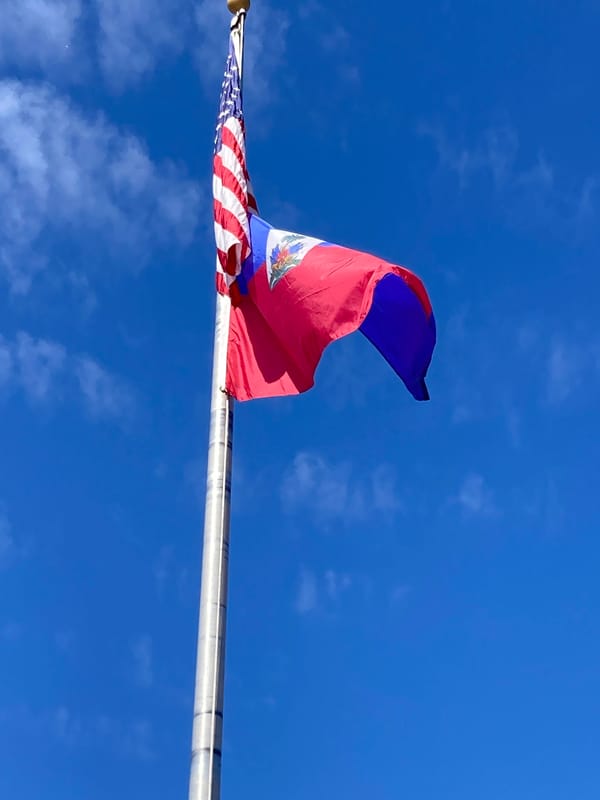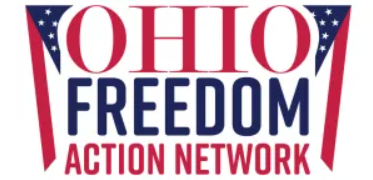Banned Books Week: Just Another Grooming Tactic?
The American Library Association (ALA) has announced the first week of October, 2023 as Banned Books Week. According to Bannedbooksweek.org, the purpose of this official week is to “draw national attention to the harms of censorship.”
Although launched in 1982, the ALA claims that this past year marked the “highest number of censorship reports since [they] began compiling data” and that most of the “challenged books” were written by or about members of the LGBTQIA+ community. Banned Books Week is promoting activities such as essay contests for students to write about banned books and encouraging activism to pressure legislators to stop censorship of books, regardless of pornographic or explicit sexual content. Grants are also available for schools, libraries, and non-profits who plan to celebrate the event.
The skyrocketing increase in challenges made against books could be explained by what happened during the Covid lockdown. When children were home during remote classes, parents across the nation were shocked to find that school libraries, community libraries, and teachers in the classrooms were allowing children access to sexually obscene, explicit, and possibly pornographic books. This led to vociferous complaints by parents, many of whom began reading excerpts from the books at local school board meetings. These books, mostly novels, are touted by the ALA and bookstores alike as ‘must’ reading. Marketed to teens and, more appallingly, tweens, the content of books such as “This Book is Gay,” “Lawn Boy,” “Gender Queer,” and “Flamer” was so salacious that parents were reprimanded – or had their microphones cut off – for reading the texts aloud to school board members. Many of the novels contain pornographic images of masturbation, fellatio, and other deviant acts, mostly homosexual in nature. In some instances, the books often appear to be rudimentary how-to manuals advertising certain proclivities. One very vocal opponent of these books is North Carolina Pastor John Amanchukwu, who has called placing these books in the hands of children “mental rape.”

Adding to the outrage is the fact that the books were being shared with minors in what have always been considered safe spaces for kids. The ALA response has been to insist that such parental challenges were akin to the burning of books. Along with the mainstream media, headlines screamed: “Book Bans!“
Booksellers have also gotten in the act and are using Banned Books Week as a marketing tool to drive traffic to their businesses. Three bookstores in Northeast Ohio are promoting the banned books with zeal. Hudson Ohio’s The Learned Owl’s website highlights all thirteen of the ALA’s “most challenged books,” inviting people to respond to the question, “How many banned books have you read?” One to four books gets the response, “Good job…keep reading!” Medina’s Black Cat Books & Oddities, which has marketed itself as a child friendly place, has promoted the banned books via its website and social media presence. Books-A-Million’s Strongsville store actually demands that we read them, stating “Banned Books [we] Need to Read!”

The zealous display of these books, with enticing covers and intriguing titles, arouses the natural curiosity in children. The question could be asked as to whether libraries and book vendors are promoting the written word or simply propagating a lifestyle choice that youths may not be able to fully understand.




